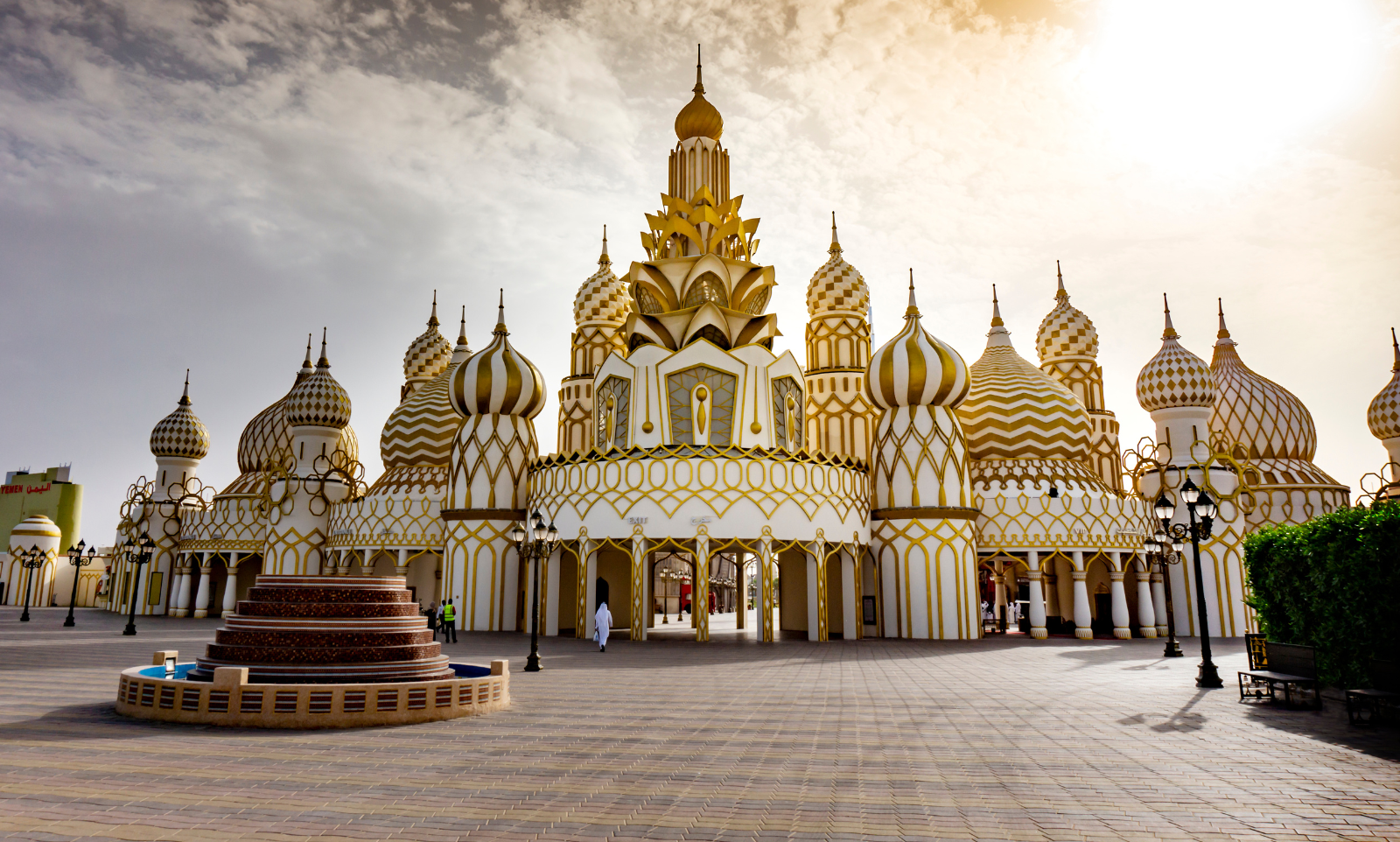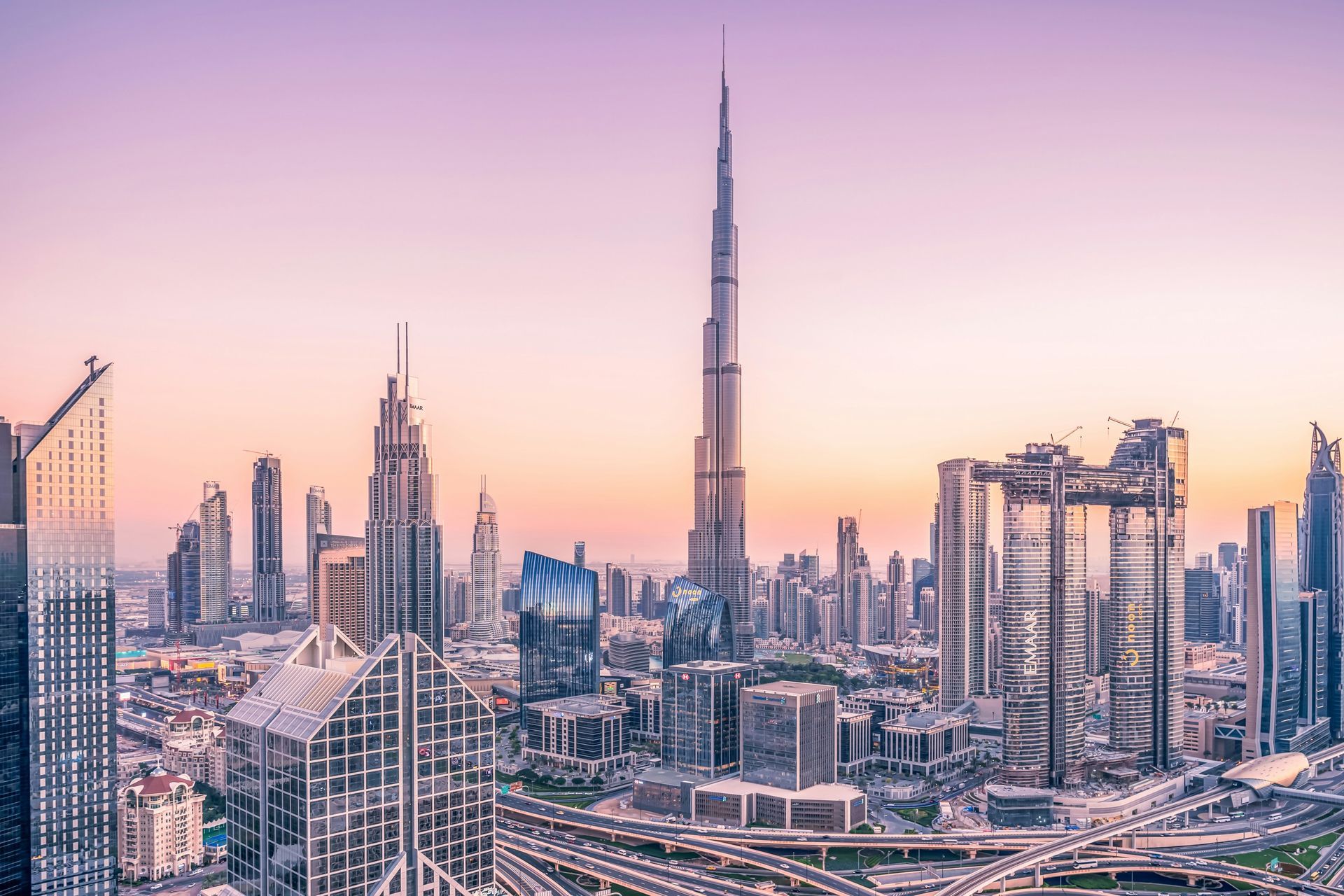Unleashing my inner explorer in the sands of Dubai

A Dubai desert safari is a popular recreational activity that combines adventure and cultural experiences in the striking landscapes of the Arabian Desert. Originating from the traditional Bedouin way of life, these safaris have evolved into a key component of Dubai's tourism industry, attracting millions of visitors annually. Notable for their thrilling activities such as dune bashing, camel riding, and stargazing, desert safaris also offer guests an immersive experience of Emirati culture, highlighting the rich heritage of the Bedouin tribes, which include traditions of hospitality, storytelling, and falconry.
The significance of Dubai desert safaris extends beyond mere entertainment; they serve as a bridge connecting modern tourism with the region's historical roots. As Dubai transformed into a global metropolis, the safari experience adapted, integrating both authentic cultural practices and contemporary adventures. Controversies surrounding desert safaris often involve concerns about cultural commodification and environmental impacts. Critics argue that the commercialization of Bedouin traditions risks diluting their authenticity, while environmentalists highlight the challenges posed by increased tourism on the fragile desert ecosystem.
Despite these challenges, many operators are adopting sustainable practices, aiming to balance visitor experiences with conservation efforts to protect the unique desert environment for future generations.
Ultimately, the Dubai desert safari is a multifaceted experience that showcases the natural beauty of the desert while offering an educational glimpse into the rich cultural tapestry of the UAE. As tourism continues to evolve, desert safaris will likely remain a vital element of Dubai's identity, reflecting the dynamic interplay between tradition and modernity in a rapidly changing world.
History
The history of the Dubai desert safari is deeply intertwined with the rich cultural heritage of the Bedouin tribes who have inhabited the region for centuries. The Bedouins, known for their nomadic lifestyle, navigated the harsh desert environment, developing a strong sense of community and a profound connection to their surroundings. Their traditions, particularly hospitality, storytelling, music, and dance, are foundational to the modern desert safari experience.
Bedouin Culture and Traditions
Bedouin culture is characterized by unique customs that have been preserved over generations. One of the most significant aspects is the tradition of hospitality, where guests are warmly welcomed with Arabic coffee and dates, reflecting the Bedouins' generosity and communal spirit. Storytelling remains a cherished tradition, with tales of heroism and wisdom being shared around campfires, highlighting the oral history that forms a crucial part of their cultural identity. Falconry, another hallmark of Bedouin tradition, symbolizes status and pride within their communities. This ancient practice not only showcases the bond between humans and falcons but also plays a role in hunting, integrating seamlessly into the lifestyle of the Bedouins. Such customs are often highlighted during desert safaris, providing visitors with authentic experiences that honor the Bedouin way of life.
Evolution of Desert Safaris
As Dubai transitioned into a modern city, the desert safari evolved from a purely traditional experience into a popular tourist attraction that integrates both adventure and cultural immersion. Initially, desert safaris offered a glimpse into Bedouin life, focusing on traditional activities like camel riding and falconry. However, over the years, operators have expanded the offerings to include more contemporary activities such as dune bashing in 4x4 vehicles, sandboarding, and stargazing. Platinum Heritage, for example, emerged to preserve the authenticity of Emirati culture by providing genuine experiences that do not dilute the Bedouin heritage with influences from other cultures. Their commitment to cultural preservation has helped shape the modern desert safari landscape, ensuring that guests not only enjoy thrilling activities but also gain a deeper understanding of the region's history and traditions.
Cultural Significance in Contemporary Context
Today, desert safaris serve as a bridge between the traditional Bedouin lifestyle and the modern world, allowing tourists to appreciate the rich heritage of the region while experiencing its natural beauty. The incorporation of sustainable tourism practices further underscores the importance of preserving this cultural heritage for future generations. By engaging in these experiences, visitors contribute to the local economy and the conservation of the unique desert environment. The evolution of the desert safari reflects a dynamic interplay between tradition and modernity, making it a significant aspect of Dubai's cultural and tourism landscape.
Types of Safaris
Dubai desert safaris offer a diverse range of experiences, each tailored to cater to different preferences and interests.
Morning Desert Safari
The morning desert safari is ideal for early risers who wish to explore the desert before the heat sets in. This tour typically starts in the cooler hours of the morning and includes activities such as dune bashing, camel rides, and sandboarding, often culminating in a traditional Arabian breakfast.Optional experiences, like hot air balloon rides, may also be available, providing stunning views of the sunrise over the dunes.
Evening Desert Safari
The evening desert safari is one of the most popular options among visitors. It allows guests to experience the breathtaking desert sunset, followed by a BBQ dinner under the stars. This safari often includes traditional entertainment such as belly dancing and Tanoura performances, creating a festive atmosphere for participants. For those seeking a more luxurious experience, VIP evening safaris offer enhanced services and amenities.
Overnight Desert Safari
For those who wish to immerse themselves in the desert experience fully, the overnight safari includes camping in the desert. This type of tour typically features a range of activities throughout the day, including dune bashing and cultural experiences, with the opportunity to stargaze at night. It is a great option for those wanting to connect deeply with the tranquility of the desert landscape.
Premium Desert Safari
Luxury safaris cater to those seeking an elevated experience. These tours often provide exclusive features such as private tents, gourmet meals, and premium transportation options, including Rolls-Royces and Mercedes G Wagons. Some luxury tours also offer spa treatments and personalized services, ensuring a high level of comfort and indulgence throughout the adventure.
Activities
Dubai desert safaris offer a plethora of activities that cater to adventure seekers and those looking to immerse themselves in the region's rich culture. These activities are designed to provide visitors with a unique and memorable experience in the breathtaking desert landscape.
Dune Bashing
At the heart of the desert safari experience is dune bashing, an exhilarating adventure that involves riding in specially equipped 4×4 vehicles as they navigate through the towering sand dunes. This rollercoaster-like ride sends adrenaline coursing through participants as skilled drivers maneuver through the soft sand, creating moments of thrill and excitement. Dune bashing is often regarded as one of the highlights of any desert tour, providing stunning views and a unique perspective of the Arabian Desert.
Camel Riding
For those seeking a more relaxed approach, camel riding offers a delightful alternative. This traditional mode of transportation allows visitors to explore the desert landscape at a leisurely pace, experiencing the gentle sway and rhythm that comes with riding a camel. Camel rides also provide opportunities for beautiful photographs and a chance to connect with the region's Bedouin heritage, as camels have played an essential role in the lives of people in the Arabian Peninsula for centuries.
Cultural Experiences
Desert safaris also provide an opportunity to engage in rich cultural experiences. Visitors can enjoy traditional BBQ buffet dinners featuring a mix of local and international cuisine, accompanied by live entertainment such as belly dancing and Tanoura performances. Cultural activities, including henna painting and dressing in traditional Arabic attire, allow guests to further immerse themselves in the local customs and create lasting memories of their desert adventure.
Sandboarding and Quad Biking
For adventure enthusiasts, sandboarding is a popular activity that resembles snowboarding, but on sand. Participants can slide down the dunes on boards, adding a thrilling twist to their desert experience. Additionally, quad biking offers another exciting option for those looking for an adrenaline rush, allowing individuals to navigate the sandy terrain at their own pace and explore the vast expanse of the desert.
Falconry Displays
As part of the cultural experience, many desert safaris feature falconry displays that showcase the remarkable hunting skills of these majestic birds. Visitors can witness demonstrations that highlight the historical significance of falcons in Bedouin culture, providing insights into an ancient practice that remains a vital part of Arabian heritage.
Photography Opportunities
The desert landscape offers stunning backdrops for photography, particularly during sunrise and sunset when the colors of the sky create a breathtaking spectacle. Photographers can capture unforgettable moments as the sun sets over the dunes, transforming the desert into a canvas of vibrant hues.
Cultural Significance
The Dubai desert safari experience embodies a rich tapestry of cultural heritage and traditions that are integral to the Bedouin way of life. The emphasis on authentic cultural representation is a primary focus for many tour operators, such as Platinum Heritage, which aims to preserve and showcase the true essence of Emirati culture while eliminating misconceptions that have often been perpetuated by tourist activities.
Preservation of Bedouin Heritage
Traditional Bedouin customs and craftsmanship play a vital role in the cultural landscape of the region. This includes various forms of artistry such as weaving, embroidery, and metalwork, which reflect the ingenuity and creativity of Bedouin artisans. Additionally, music and dance serve as essential expressions of community spirit and social gatherings, with forms like Dabke and Bedouin folk songs celebrating shared experiences
Authentic Experiences
Tourists engaging in desert safaris are offered genuine insights into Bedouin life through various activities. This includes traditional coffee-making, falconry demonstrations, and the use of culturally accurate architectural designs in recreating Bedouin camps. Visitors often partake in communal experiences such as enjoying Emirati cuisine and witnessing performances like the Tanoura dance, which is steeped in cultural significance. These elements not only provide entertainment but also foster a deeper understanding of the Bedouin's rich history and traditions.
Challenges of Cultural Commodification
As the interest in Bedouin culture grows, so do concerns about cultural commodification and the potential loss of authenticity. The influx of tourists presents both opportunities and challenges, as sustainable tourism initiatives strive to balance economic development with the preservation of cultural identity. This awareness is crucial in ensuring that traditional practices are maintained in their true form, without being diluted by commercial influences.
The Role of Community and Identity
Bedouin cultural practices, such as hospitality and oral traditions, significantly influence contemporary Arab identity. They contribute to a sense of unity and belonging among modern Arabs, who often draw inspiration from their Bedouin heritage. The resilience and values inherent in Bedouin culture serve as guiding principles in navigating the complexities of modern life, reminding individuals of their roots and the importance of community and tradition in shaping identity. Through these cultural experiences, the Dubai desert safari not only serves as a thrilling adventure but also as an educational journey into the heart of Emirati heritage, highlighting the significance of preserving and celebrating the Bedouin legacy for future generations.




